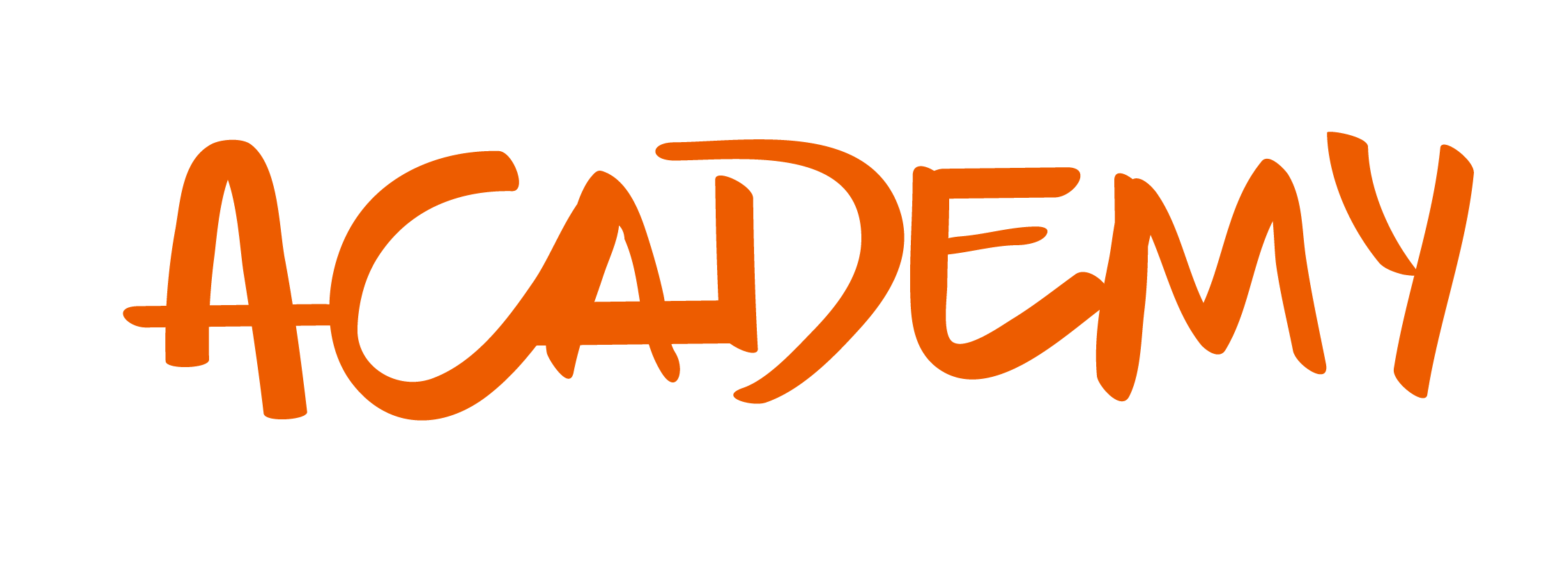David Sable is one of the most recognized names in the creative industry, a current author, entrepreneur, and activist who has significantly shaped the world of advertising. Formerly serving as the Global CEO of Y&R and as Vice President and Chief Operating Officer at Wunderman Thompson, David brings a depth of experience and insight to our discussion. In a recent conversation on the transformative journey of the agency industry, he offered valuable insights into the enduring essence of creativity and communication, while highlighting pivotal shifts in the business landscape.
As agencies adapt to changing client demands and market dynamics, the evolution from traditional commission-based structures to contemporary fee-based models has become increasingly pronounced. Fundamentally, the core principles of crafting compelling messages and delivering impactful assets remain paramount in the agency world. From ancient caves to the digital age, the essence of effective communication endures, underscoring the timeless relevance of creative expression and targeted messaging.
The emergence of fee-based remuneration models has joined in a new era of predictability and stability for agencies and clients alike. Moving away from commission-based frameworks, agencies now foster a more transparent and collaborative partnership dynamic. With this transition comes a host of new challenges, particularly in the realm of resource and time management. Micromanaging time and team resources can pose significant challenges to both profitability and creativity, emphasizing the need for strategic alignment between client expectations and agency deliverables.
Transparency emerges as a cornerstone of client-agency relations, with clear communication and accountability serving as catalysts for trust and collaboration. By meticulously tracking time and demonstrating the tangible impact of resource management on project outcomes, agencies can instill confidence and encourage long-term partnerships grounded in mutual respect and understanding.
Time Management for Creatives: Finding the Right Balance
The evolution of agency models reflects broader trends in professional services, underscoring the imperative of balancing creativity with profitability. Through strategic alignment, transparent communication, and efficient resource management, agencies can navigate the intricacies of the modern business landscape while driving tangible value for clients and stakeholders alike.
Currently, creatives encounter the imperative of adapting to evolving productivity norms while safeguarding the essence of their creative endeavors. Time management is crucial for ensuring projects are completed efficiently and on schedule. However, creatives need to find a balance between using time management tools effectively and maintaining their creative freedom.
Time management tools are essential for maximizing productivity and streamlining workflows in today’s remote work environment. With the rise of remote work, it’s important for creatives to demonstrate the benefits of this flexible work arrangement while addressing any productivity concerns that may arise.
Recent events underscore the importance of clear communication and efficient processes in remote work settings. To succeed in this environment, creatives must adopt proactive time management strategies, promote open communication, and foster a culture of accountability. By mastering time management and aligning their efforts with client expectations, creatives can navigate the complexities of remote work while building trust and collaboration with clients and colleagues.














